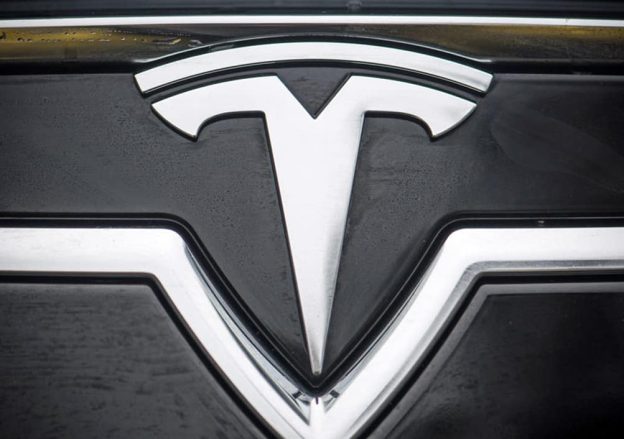Amelia White – On January 30, 2024, a Delaware judge struck down Elon Musk’s compensation package of $56 billion, criticizing the close relationships between Tesla’s board of directors and Musk’s influence over them.
Boards must be largely independent to be publicly traded on Nasdaq. Nasdaq defines an independent director as someone “who is not an employee, a family member, or someone whose relationship would interfere with the exercise of independent judgment.” There are several reasons why the ties between the board members and Musk are concerning.
Musk’s steep compensation package requires the approval by the board, members of whom are arguably influenced by Musk. The financial ties between Musk and the board members prompt a level of apprehension given that they are paid significantly more than the board members of other public companies. Collectively, they have $1 billion in stock options, have earned more than $650 million selling Tesla shares, and have joint investments with Musk that aggregate to more than tens of millions of dollars in each other’s companies. The magnitude of these financial ties raises substantial concerns about the board’s ability to act independently and in the best interests of shareholders.
Delving further into the relations between Musk and the board members, there have been reports of overlap between Musk’s drug use and some members on the board. In January, the Wall Street Journal reported that Musk has used recreational drugs, including LSD, ecstasy, cocaine, and ketamine. This drug use directly violates the strict antidrug policies at Musk’s companies, which could put federal contracts and Musk’s security clearance at risk. Reports indicate that board members are engaging in substance use with Musk. This culture has created pressure and an expectation to consume drugs with Musk because they fear upsetting the person who has made them a lot of money. Musk’s friendships and financial ties with the board members prompt justifiable reasons to believe that pressure exists for them to refrain from speaking out against Musk over his drug use.
As Musk has built his business empire, he has long surrounded himself with close friends. Kimbal Musk, Musk’s brother, sitting on Tesla’s board is the epitome of this issue. Last year, Tesla’s former technology chief, JB Straubel, was added to the board, tipping the scale of non-independent directors to five out of eight members. Ira Ehrenpreis, who chairs two of four committees on the Tesla board, has been deeply associated with Musk for years. James Murdoch has been friends with Musk since at least 2006 with proof of the two taking family vacations together. For over five years, Tesla’s board has been led by Robyn M. Denholm, who was promised to serve as a check on Musk. However, in Tornetta v. Musk, a Delaware judge questioned Denholm’s independence from Musk, stating that Musk operates as if free of board oversight. Tesla reports most of the directors as independent.
Ultimately, investors are concerned that the blurring of friendship and fortune between Musk and these board members makes the board incapable of acting in the best interest of shareholders. For decades, investors have pushed for independent directors in public companies after it became mandated by the Sarbanes-Oxley Act in 2002. At Nasdaq, if a company fails to comply with its majority independent board rule, it gives the company one year or until its next shareholder meeting to make a change. If the public company fails to comply, it may be delisted. A board of directors that is heavily influenced by its relationships begs the question of whether it is truly capable of making disinterested, objective decisions.
These controversies are reflected in Tesla’s (TSLA) stock slump in 2024. Tesla’s earnings are now below what they were in 2023, which would normally not cause alarm. However, when coupled with the major litigation that Musk has undergone and the growing concerns about Tesla’s board, these numbers are concerning for investors. Particularly, Tesla’s stock has retreated more than 25% in 2024. Wedbush Securities even removed Tesla stock from its lists of recommended stocks, stating that until there is evidence that Musk follows their suggestions, Tesla will remain off the firm’s proposed list.
Despite investors’ concerns, consumers still feel positively toward the brand. In the fourth quarter, Tesla produced approximately 495,000 vehicles and delivered over 484,000 vehicles. In 2023, vehicle deliveries grew 38% YoY to 1.81 million while production grew 35% YoY to 1.85 million. Tesla claims that it is currently between two major growth waves with the global expansion of the Model 3 and Model Y vehicle platform.
As Tesla grapples with these challenges, it is crucial to closely monitor the company’s response. Implementing meaningful reforms to ensure board independence could be a positive step towards regaining investor trust and propelling the company towards sustainable long-term growth. However, if these issues remain unaddressed, the potential consequences for Tesla’s future performance could be significant. As such, companies should heed this cautionary tale and implement governance structures that foster transparency, accountability, and unbiased decision-making.


